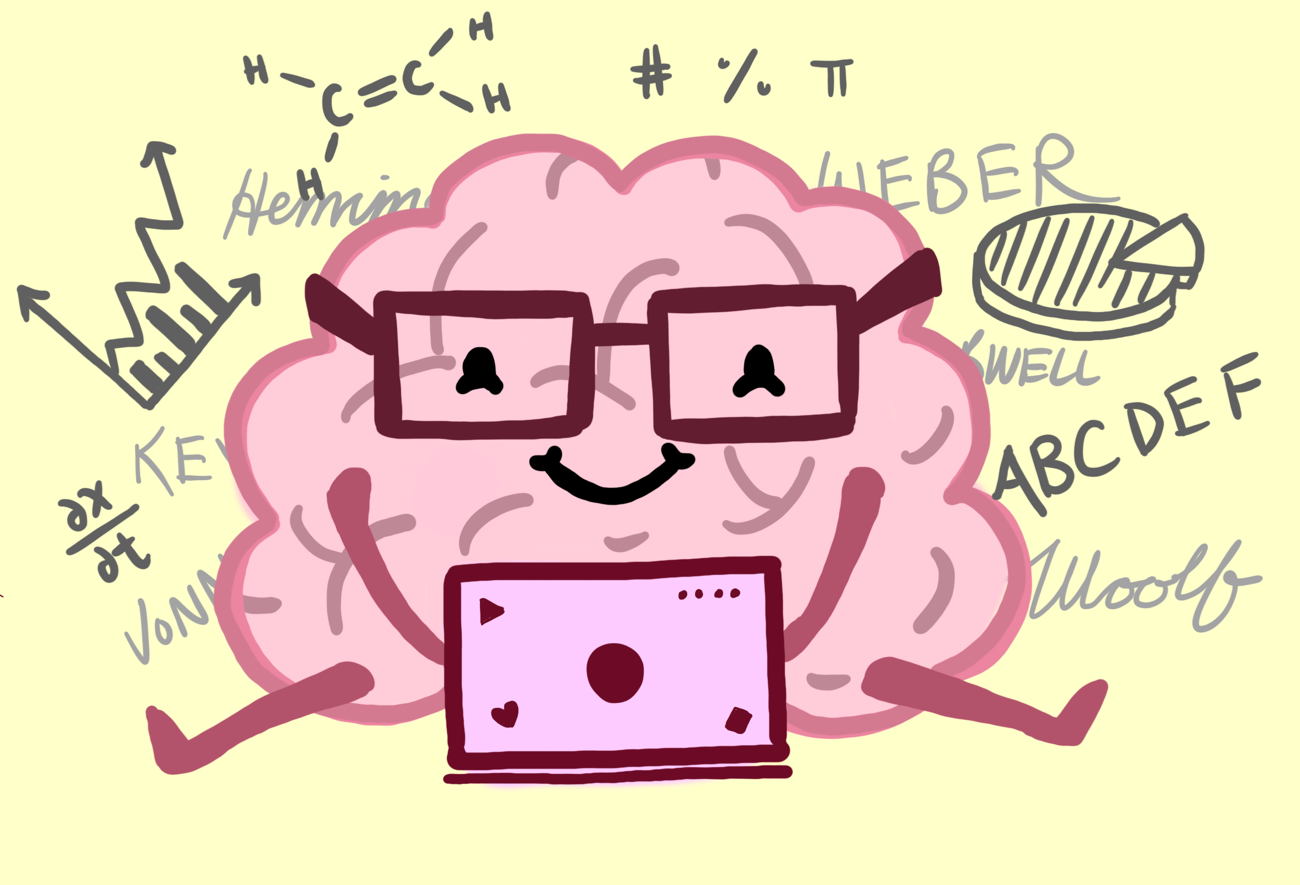
News
Summers Will Not Finish Semester of Teaching as Harvard Investigates Epstein Ties

News
Harvard College Students Report Favoring Divestment from Israel in HUA Survey

News
‘He Should Resign’: Harvard Undergrads Take Hard Line Against Summers Over Epstein Scandal

News
Harvard To Launch New Investigation Into Epstein’s Ties to Summers, Other University Affiliates

News
Harvard Students To Vote on Divestment From Israel in Inaugural HUA Election Survey
Moderating Laptop Usage
Harvard professors should have less paternalistic policies on laptop usage to better facilitate student learning.

At this point in the semester, when Harvard College students are simultaneously juggling late midterms, final projects, and the general tumult of the end of the semester, professors can be fortunate to have students even attend their classes. Nevertheless, the attention of the industrious students who have made the trek to lecture may fall victim to another menace: The ubiquitous presence of laptops with connections to the Internet.
In a perfect world, technology in the classroom would only enhance the learning process. Indeed, through a simple Google search, the modern student can access volumes of knowledge that would be the envy of any ancient scholar. Moreover, technology empowers students to take notes at a faster rate and bypass illegible handwriting, enabling them to follow presentations at their own pace on their personal screens.
We do not, alas, live in such a utopia in which technology plays a role exclusively supportive of education. The frank reality is that laptops prove to be a distraction in lecture for most Harvard students. Any idle observer of Harvard students’ laptop screens would notice that they are browsing websites that are all but tangential to the lecture, ranging from Facebook feeds to untended e-mails.
The scientific evidence about laptop usage in class is ample and not exactly shocking. When students’ attention is diverted from a lecture they are attending, it is likely at the expense of their comprehension of the material. Moreover, the consequences are not individual: Students are likely to be distracted by their peers’ luminescent screens, so that their attention and learning will suffer too. Lastly, it is unfortunate for Harvard professors and lecturers to have to compete against students’ laptop screens for attention.
Nevertheless, we do not believe that professors should take drastic steps such as forbidding laptops in their classroom. For one, this would greatly disadvantage students with disabilities who need technology to take notes. Moreover, such a paternalistic approach deprives students of the opportunity to learn from their mistakes and to experiment with distinct approaches to how they learn; after all, there will be no guardrails in place to prevent Harvard students from making other unwise decisions once they graduate. With a blanket policy, professors may improve students’ learning, but they will deny them the opportunity to develop character.
That said, professors should not allow laptops to run rampant in the classroom. For one, it is unfair for students who intend to follow the lecture without a laptop to have to resist the distraction presented by other students, and professors are also entitled to have minimum expectations of engagement from students. For these reasons, we encourage moderate policies such as designated electronics areas in the back of lecture halls where students will not distract their peers.
Lastly, we do believe that students have an important role in self-monitoring and prioritizing lectures over whatever website may pique their interest. If students took a second to wean themselves from their engrossment in their laptop screens, they may just notice that their professor has something interesting to say.
This staff editorial solely represents the majority view of The Crimson Editorial Board. It is the product of discussions at regular Editorial Board meetings. In order to ensure the impartiality of our journalism, Crimson editors who choose to opine and vote at these meetings are not involved in the reporting of articles on similar topics.
Want to keep up with breaking news? Subscribe to our email newsletter.
